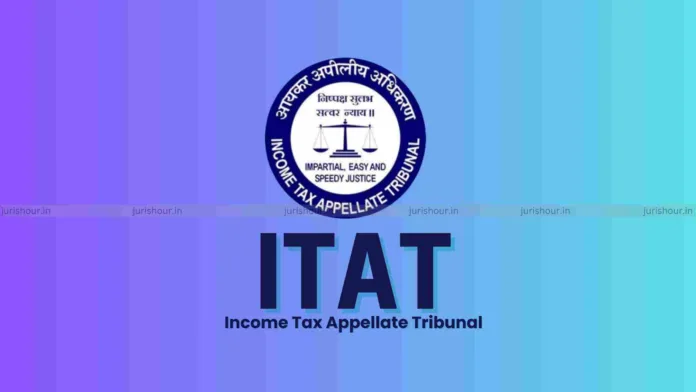In a significant ruling with implications for real estate transactions, the Income Tax Appellate Tribunal (ITAT) Cochin Bench has deleted a penalty of rS. 20 lakh imposed on an assessee for allegedly violating Section 269SS of the Income Tax Act, 1961. The penalty had been levied under Section 271D for receiving a part of the sale consideration in cash during an immovable property transaction.
The division bench comprising Satbeer Singh Godara (Judicial Member) and Amarjit Singh (Accountant Member) observed that the Rs. 20 lakh cash amount represented part of the sale consideration, which was received by the assessee as the vendor from the purchaser. It was undisputed that the assessee had disclosed all particulars of the buyer and the transaction.
The appeal was filed by Bhaskar Thattaruthodiyil Nair, a Palakkad-based taxpayer, against the order of the National Faceless Appeal Centre (NFAC), Delhi. The NFAC had confirmed the levy of penalty by the Assessing Officer, holding that the cash receipt violated the statutory provisions designed to curb unaccounted money in property dealings.
Referring to earlier judicial precedents, including the ITAT Hyderabad ruling in Ramkumar Reddy Satty v. ACIT (2024) and R. Dhinagharan (HUF) v. ITO (2023), the Tribunal emphasized that the legislative intent behind Section 269SS was to prevent unaccounted money being circulated as advance payments. The provision primarily applies to “specified sums” received as advance or otherwise prior to registration, not to final payments made at the time of executing a sale deed before the Sub-Registrar.
The bench noted that in Bhaskar Nair’s case, the amount was received as final payment at the time of property registration in the presence of the Sub-Registrar. As such, there was no violation of Section 269SS, and consequently, the penalty under Section 271D was not justified.
Section 269SS bars acceptance of ₹20,000 or more in cash as loans, deposits, or specified sums (advances) related to immovable property transfers.
ITAT clarified that final sale consideration received in cash at the time of registration, duly recorded and disclosed, does not attract the penalty provisions.
The Tribunal also aligned its decision with the Finance Bill, 2015 memorandum, which clarified that the provision aimed at curbing black money generated from unaccounted advance payments.
Setting aside the NFAC’s order, the ITAT allowed the assessee’s appeal and directed deletion of the ₹20 lakh penalty. Tax experts view this as a taxpayer-friendly interpretation that balances anti-evasion measures with genuine business realities, particularly in rural and semi-urban areas where cash transactions remain common.
Case Details
Case Title: Bhaskar Thattaruthodiyil Nair Versus ITO
Case No.: I.T.A.No.754/COCH./2023
Date: 25.09.2024
Counsel For Appellant: Divya Ravindran, Advocate
Counsel For Respondent: V. Swarnalatha, Sr. DR
Read More: Explained: What is the new Bill to remove the PM, CMs and Ministers if they’re jailed?

